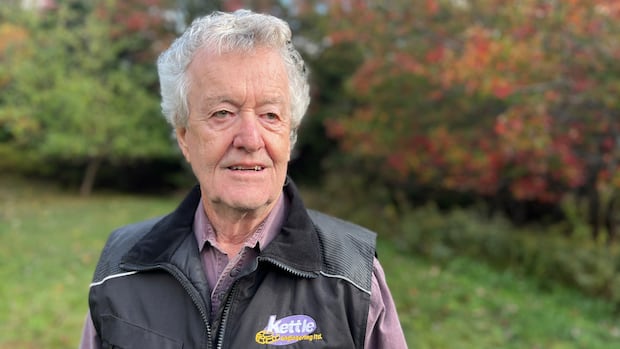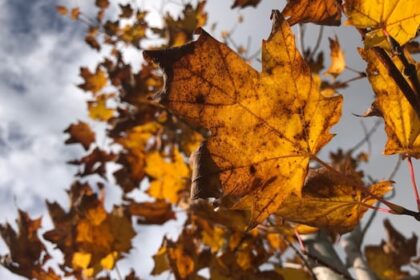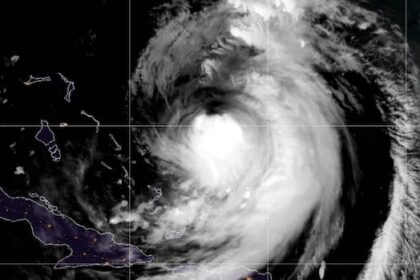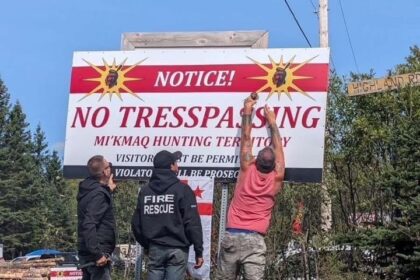Nova Scotia·NewAs people continue to hope for the creation of the proposed Ingram River wilderness area, they are growing concerns about clearcuts being approved within the 11,000 hectares of Crown land.Government says old-growth forests, species at risk protected from approved cutsMichael Gorman · CBC News · Posted: Oct 09, 2025 2:49 PM EDT | Last Updated: 1 hour agoBrian O’Neill is a member of the newly formed Ingram Action Group. (Michael Gorman/CBC)Mike Lancaster is growing frustrated.For 10 years, the executive director of the St. Margarets Bay Stewardship Association has been part of a group of people working to get provincial protection for the proposed Ingram River wilderness area, about 11,000 hectares of Crown land that once belonged to Bowater.But as people continue to wait to see if the government will act, Lancaster says part of the proposed area is seeing applications for high-production forestry activity, such as clearcutting.“We’re at a point where it’s kind of confusing and it’s strange to be having a conversation and talking [about] how this area is not protected yet,” he said in an interview.Mike Lancaster is executive director of the St. Margarets Stewardship Association. (Michael Gorman/CBC)Lancaster said the proposed wilderness area would include “one of the most, if not the most, ecologically valuable parts of Nova Scotia.” Within the 11,000 hectares is the oldest-known forest in the Maritimes, core habitat essential to the survival of the Mainland Moose, 16 species at risk that have been identified, and an additional 72 considered species of conservation concern.“How can you not want to protect an area that has the literal oldest forest in the Maritimes,” said Lancaster.“It’s a failure of government and public policy to not make this happen at this point.”Neither Natural Resources Minister Tory Rushton nor Environment Minister Tim Halman would agree to an interview for this story.Clearcutting happening on land that is ‘not pristine’In a statement, a spokesperson for the Natural Resources Department said about 4,000 hectares of land in the Ingram River area has been protected as part of the Island Lake Wilderness Area, where no forestry activity is permitted.The statement goes on to say that harvesting that is happening in the Ingram River area is happening in places that are “not pristine wilderness.”“Harvests in this area have gone through the proper reviews and any areas with old-growth forest or species at risk were removed from the harvest plans before we approved them,” Adele Poirier said in an email.But Lancaster said the province is missing out on the economic development potential of activities such as ecotourism and guiding that would come through the creation of a new wilderness area.’This is not democracy’He said the group’s proposal, which is supported by more than 50 citizen and business groups, would allow for ecological forestry activity — but not clearcutting — on about 70 per cent of the area that would make up the Ingram River wilderness area.“The level of support we have — and its being ignored — should concern not just people that care about forestry, not just people that care about ecology, but people that care about government that listens to its people and listens to science.”That’s the sentiment that prompted Brian O’Neill to act.O’Neill, part of the recently formed Ingram Action Group, helped schedule a public meeting for Thursday evening in Upper Tantallon to discuss how to respond to clearcutting that’s been approved or is being considered.He said he struggles to understand why the government would not look elsewhere for high-production forestry activity and why it appears unwilling to respond to community wishes.“This is not democracy,” O’Neill said in an interview.“Democracy is not voting once every four years. Democracy is constant engagement by people in their communities with the government and vice versa. It’s not happening.”MORE TOP STORIESABOUT THE AUTHORMichael Gorman covers the Nova Scotia legislature for CBC, with additional focuses on health care and rural communities. Contact him with story ideas at michael.gorman@cbc.ca
Community members want land protected amid concerns over clearcutting











